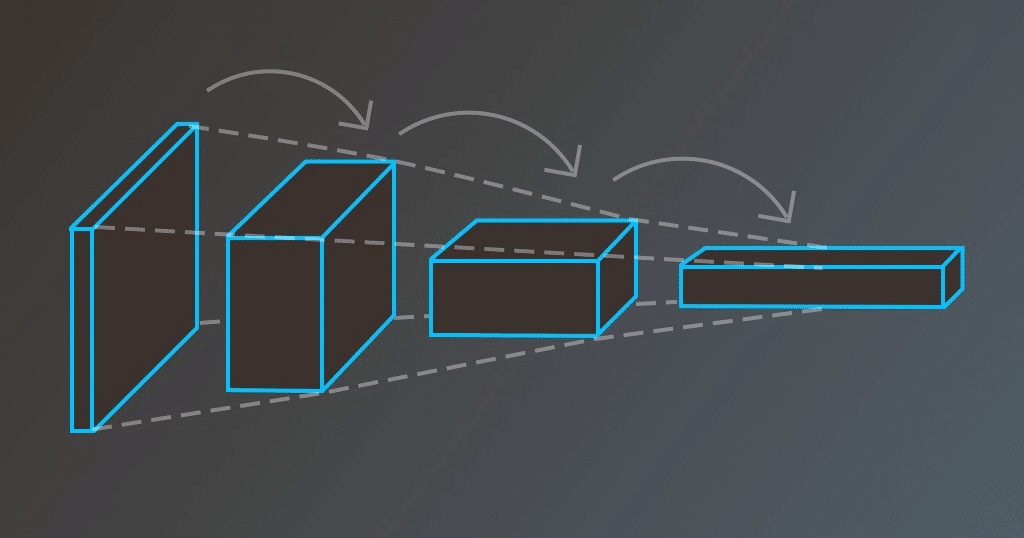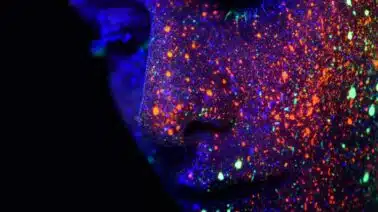
The pace of change in fields such as Deep Learning and AI is incredible, and professionals at every level of experience have to maintain a commitment to ongoing learning if they’re to remain successful. To rest on one’s laurels is to fall behind, and this is as true of senior executives as it is of new-entrants.
Denis Sutherland is VP of Strategy and Technology at a company working on high-tech satellites, and he has more than two decades of experience in the telecoms sector. By all measures he’s a very successful tech professional, yet when it came time to lead his company’s new technical strategy, he didn’t hesitate to return to the classroom. He knew he needed a more robust understanding of AI, so he enrolled in Udacity’s Deep Learning Nanodegree program.
We spoke with Denis to learn more about his experience in the program, and how it enabled him to perform his own role better. We were also eager to get his thoughts on the value of a Nanodegree credential, as someone with responsibility for recruiting technical people himself.
Thanks for talking with us today Denis. Can you start by telling us a little about your current role and where your interest in studying Deep Learning came from?
As Vice President of Strategy and Technology, my job is essentially to look at the newest technological innovations, and work out how they could be used by my company.
Deep Learning and AI are subjects we’re increasingly looking at—around how AI could be used to exploit images from our satellites, for example. In my role, if I don’t understand technical concepts at a deep level, it’s really difficult to build any sort of strategy. I need to be able to “walk the walk” when it comes to understanding the tech. That’s why I started looking at ways to build my understanding of deep learning.
 What convinced you that Udacity’s Deep Learning Nanodegree program was the right choice for you?
What convinced you that Udacity’s Deep Learning Nanodegree program was the right choice for you?
It was definitely because of the practical focus. I’d done a lot of reading on the theory and ethical implications of AI, but I hadn’t explored the technical side. I didn’t have any hands-on experience with the technology, which is how I’ve always learned things. There’s lots of hype and noise around AI, particularly on how it will impact different industries and the way we work. I wanted to understand firsthand the impact AI is really going to have. This is difficult at a technical level. Or at least it is, unless you’re going to do a hands-on program like Udacity’s.
So you enrolled in the Deep Learning Nanodegree program as a way to gain practical exposure to the latest Deep Learning developments. What were your impressions of the program?
A really great thing about the program was just how up-to-date the content was—you’re really aware you’re learning cutting-edge information. During my studies, I remember Google released a paper about AlphaGo [Google’s computer program designed to play the board game “Go” using artificial intelligence]. I read it and was really pleased to find I could understand this cutting-edge research. And I could see I was actually implementing the same kind of model at the same time in my program!
It was this direct connection between the theory and the actual technology that really appealed to me. As an engineer, I liked getting my hands dirty using the technology. You ended up with real, tangible outputs. I now know how to use TensorFlow, for example; I know how to use a Deep Learning model. There’s a real skillset that I can apply as I discuss these complex technologies with engineers at my company.
You’ve had a real range of educational experiences in the past—from an apprenticeship, to a traditional academic Master’s degree, alongside industrial qualifications from Cisco. What stood out to you about studying with Udacity?
The community—in the program’s forums and Slack channels—is really strong. It was so useful as a resource for hints and help when I needed it. If I’m honest, the program was probably more challenging than I was expecting, so having that huge breadth of students’ knowledge and experience to tap into was really good. One recommendation I’d make—because you’re dealing with really complex, interwoven models—is that it’s best to ask questions on a specific area, not a whole model. It means you can have a really meaningful conversation about something, rather than dealing with vague generalizations.
It’s also really important to remember that you’ll interact with people who seem to have far more knowledge than you, but you really shouldn’t be over-awed. You’ll see people who are achieving things that seem impossible to you in the moment. But if you stick to your studies, ask questions, and keep working, you soon realize you’re also finishing these “impossible” projects!
You’ve recently started leading a new team and have been recruiting technical people. From your own experience identifying future employees, what are your thoughts on how a Nanodegree program could help identify talented candidates?
I think it’s a great qualification to have—it shows you have personal motivation and that you have applicable skills. I’ve spent a decent amount of my time talking to candidates recently, and practical experience is certainly a big plus on a resume—particularly in new subjects and technologies where there isn’t an established career track yet.
For myself, if I’m recruiting, I’m going to look for a few things to see whether someone can actually do the job. If I have a referral from someone I know, that’s great! I have someone I trust vouching for a candidate’s work ethic and capabilities. But if I haven’t got that, it’s most useful if they can show they’ve done something that required them to put their skills to work. Projects and open-source contributions—where a candidate has produced real tangible outputs I can see—are really high up in the pecking order of demonstrable proof that they have the ability to do the job. It shows they can go into a work environment and will actually know how to do things.
~
Thanks so much for talking with us today Denis. As someone responsible for recruiting, you told us you look for motivated candidates with a portfolio that demonstrates they can actually do the work. And you also followed your own advice. As a Tech VP, you were ready to go out and learn how to build your own AI projects, so you could demonstrate you knew what you were talking about. We’re so pleased you chose to do this learning with Udacity!



